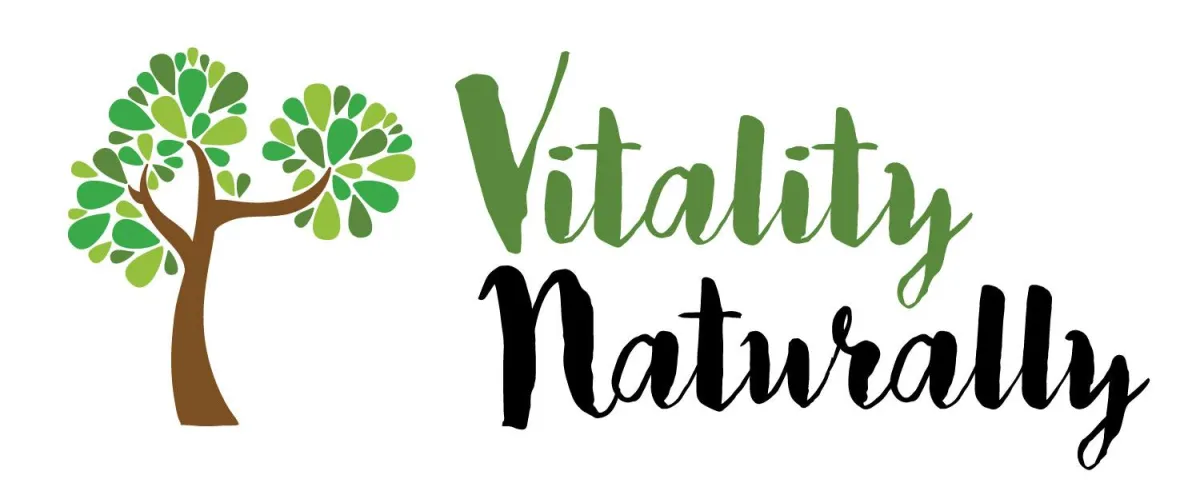Blog
Words of wisdom to inspire you...
Blog
Words of wisdom to inspire you...

Self-sabotage? Or protection?
What do you think of or feel when you read the words perfectionism, people pleasing, procrastination, self-doubt, self-criticism, addiction, and incessant busyness?
Would you call these self-sabotage?
Do you associate any (or all) of them as you? How does that make you feel?
What if you could view all of these ‘traits’ as learned behaviours, coping mechanisms and protective in nature? Can you consider the possibility that you learned these at a time in your life when you felt unsafe and you didn’t know how else to cope?
We are not born with these behaviours already in place. We are born in innocence and as pure love. Such behaviours come later and are learned based on what we experienced of the people and the world around us, and more importantly, how we perceived it. These behaviours are not character flaws or traits intrinsic to our personality, and we’re not powerless to change them.
Such learned behaviours are cemented in place when we’re young and unable to separate ourselves from the adult, experience, reaction or emotions we’re on the receiving end of and at a time when we need protection from that. We don’t have the notion of boundaries at that age. We cannot determine this is ‘mine/me’ and that is ‘yours/you’. At that tender and influenceable age, unless you’re taught otherwise, you have to figure out a way to protect yourself on your own. This all happens unconsciously.
The book ‘No Bad Parts’ by Richard C. Schwartz explains these behaviours as ‘parts’ through something called Internal Family Systems. The notion that each behaviour is a part of our psyche that has split off, created to protect a young and wounded version of us. In the moment that we adopt these behaviours, it’s deemed essential for survival by our nervous system. This then becomes our ‘normal’ response to similar situations.
The protective part (behaviour) is burdened with the responsibility of protecting the younger version of you (still frozen in time at that young age) from something perceived to be unbearable. Whenever you experience something that reminds your nervous system of that same past experience the protective behaviour is automatically triggered until such time you bring awareness to it and begin to heal.

A different perspective
When you begin looking at self-sabotaging behaviours through this new perspective of protection, it’s possible to gain an understanding of the wounds we carry and our unconscious patterns. With this understanding you can bring more self-compassion and powerful healing to what you might previously have judged yourself for.
Richard C. Schwartz list a few things he’s learned about parts (aka behaviours):
Even the most destructive parts have protective intentions
Parts are often frozen in past traumas when their extreme roles were needed
When parts trust it’s safe to step out of their protective roles, they are highly valuable to the system (that system is you).
(Note that past traumas don’t have to be huge and obviously traumatic events. Any experience that is perceived as unexpected, dramatic, isolating and with no known coping strategy could be experienced as trauma.)
So, perhaps the new questions to ask yourself when you notice these repetitive behaviours are:
If this behaviour is protection, what is it protecting me from?
Is there something I am scared of or avoiding with this behaviour?
What age version of me is this behaviour protecting?
How can I support the protective behaviour and the younger version of me to feel safe and choose healthier behaviours?
This is complex inner work and it’s where working with a trained practitioner can facilitate profound healing and transformation (see the end of this blog for how I can help).
How protective parts are formed
Let’s use a couple of examples to demonstrate how protective behaviours are learned. Please bear in mind that behaviours along with their point of origin are unique to each person.
People pleasing is a common one, and it’s something I am very familiar with! (Read my blog'Lessons from a Recovering People Pleaser'for more on this topic) It’s one that I have been re-wiring in recent years.
People pleasing is the inability to say no to another person, and to always do what would (or you perceive would) please the other even to your own detriment. It’s a form of self-abandonment and it becomes automatic and unconscious. Before you know it ‘yes’ has left your lips, followed by a feeling of dread, regret or resentment at what you’ve said yes to.
Does this sound familiar?
I learned this behaviour because my mother was so volatile. Pleasing her at all costs was safer that the possible consequences of upsetting her. In one moment the tiniest misstep could send her flying off the handle, but the same misstep the next day could result in no response at all. The inconsistency was unbearable, and the often disproportionate punishment, terrifying.
Another example is perfectionism. Getting everything perfect, but the feeling that nothing (or yourself) is ever perfect. For me personally it was similar to why I became a people pleaser. My mother was very controlling and every shoe had to be put away with precision, bedroom cleaned and tidied, chores completed within the allotted time and biscuit consumption was counted. If I wasn’t perfect at all of these things? The consequences were unbearable to my younger self.
Perfectionism is also a wonderful way to avoid taking the next step in something. If you’re writing a book or blog but it’s never perfect enough to publish, or you spend hours micro-correcting social media posts before hitting the publish button perhaps you’re scared of being seen? Or maybe you’re scared of being judged for what you’re sharing? (I’d be lying if I said I hadn’t experienced this myself!)

How to overcome these behaviours?
Underneath all of these behaviours is a core self that is purely you. Completely free of the burdens and wounds you’ve been carrying for so long.
Can you imagine such freedom?
Spend a moment imagining that now. Because it IS possible.
The more you nurture yourself and all the behaviours and parts of your psyche (even the ones you deem to be unacceptable and unbearable), the freer you become. I am testament to that, and so are my clients.
Remember:
All behaviours happen for a reason, but it might be manifesting as something destructive because you didn’t know how else to cope.
All can be unburdened from their responsibility and transformed into something more supportive, with the right help.
Ultimately acceptance, awareness, love and compassion are key to this transformation. When we begin to work with ourselves in a compassionate and loving way, supported by a trained practitioner these protective behaviours can ‘stand down’ and take on a new role, whilst the centred and empowered core of you takes the lead, free to move forward.
It takes practice to cultivate the awareness to notice when these behaviours are active, but powerful transformation is available when you do.
How I can help:
I facilitate your healing journey with trauma-informed hypnotherapy and somatic coaching. Compassionately creating a safe space to gently unearth the roots of trauma, your nervous system can exhale and your new story of self-trust and freedom can begin.
Book a free discovery call with to find out more about one-to-one support
Join the Radical Self-care Membership Community for support on your journey to freedom
FREE DOWNLOAD




